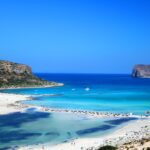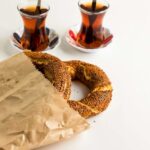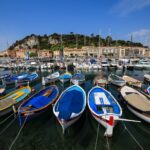Ramadan in Turkey : Fasting and Feasting
What is Ramadan ?
Ramadan in Turkey – More than one billion Muslims throughout the world celebrate the holy month of Ramadan. It is the month during which the holy Quran was revealed, providing guidance for people through its tenets. Due to the use of the lunar calendar Ramadan falls 11 days earlier every year. Ramadan entails fasting from sunrise to sunset, and also praying. Observance of the month of Ramadan constitutes one of the five obligations in Islam. It aims to teach one self-control and also provides an insight into the plight of the poor. As one of the “Five Pillars” of Islam, it is a way of celebrating one’s unity with, and belief in, God and the teachings and precepts of the Prophet Mohammed.
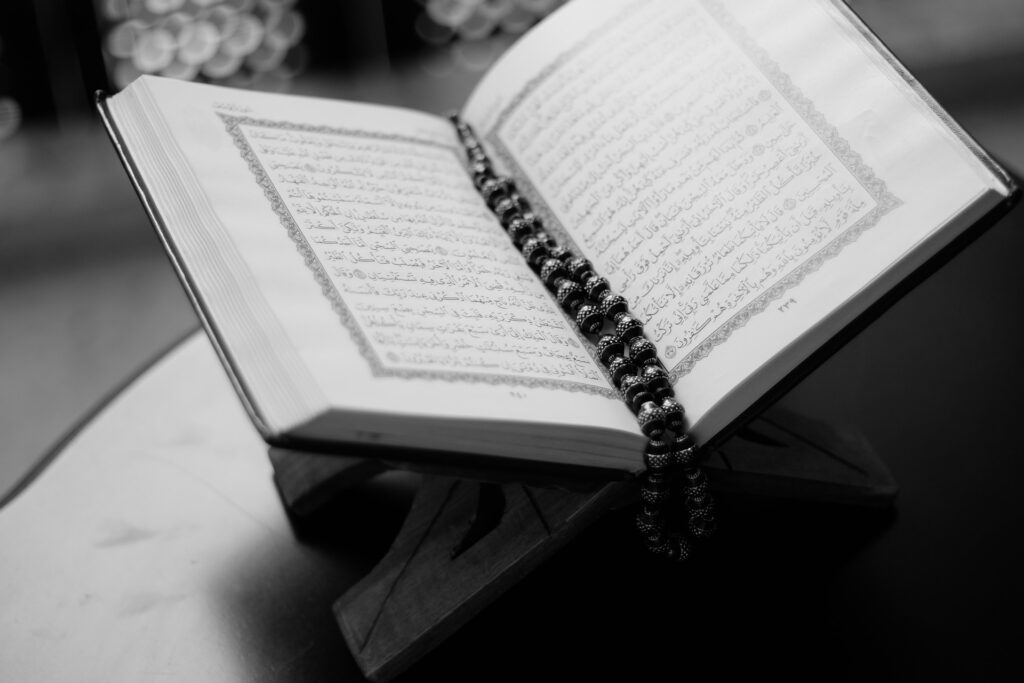
Ramadan is a holy month. It is the 9th month of the Muslim calendar that begins (and ends) with the appearance of the new moon. It is a month of fasting, communal prayer, introspection, and reading the Koran. During this month, people refrain from food, drinks, smoking, sexual activity, and any form of impure thoughts from sunrise till sunset. As the sun sets during Ramadan, families and communities meet to break their fast with a meal known as iftar. Unlike some other countries with a predominantly Muslim population, eating and drinking in public during the holy month is not forbidden in Turkey. The vast majority of restaurants stay open, and in many parts of Istanbul, it’s hard to notice any real difference. In some of Istanbul’s more observant neighborhoods, however, many people will be more discreet when eating and drinking in public, out of respect for those who are fasting. Traditionally, just before sunrise, the Ramadan Drummers do their wake-up call to warn people that if they still want to eat a meal before dawn, now is the time. While the tradition is kept alive, you will rarely witness this in tourist hubs along the coast.
What is fasting?
Fasting means letting nothing pass the lips: no food, drink, chewing gum, tobacco smoke or, for the strictly observant, not even licking an envelope from sunrise to sunset. Observant Muslims also refrain from sexual intercourse during daylight in the holy month. Most Muslims, whether strictly observant or not, use the holy month and the stricture of fasting to help them examine their lives, to remind themselves of virtues like charity, compassion and forgiveness, and to avoid vices like cupidity, selfishness and dishonesty. Many Turks fast from sunrise to sunset during Ramazan. Restaurants are less busy at lunch, and there’s even less Turkish tea in evidence—which is amazing. If you’re in Turkey during Ramazan, it’s polite to refrain from eating and drinking in public during daylight hours. Rather, do it inside a restaurant, tea house, café (some of which will be operating, except in Konya), or other private or semi-private area. Muslim restaurant and café staff, who may be fasting themselves, will understand if you are non-Muslim and will be happy to serve you. Some eateries may cover their windows with curtains so as not to distract those fasting by the sight of others eating.
What is Iftar?
Ramazan is also a time of celebration, and after sunset the feasting begins with a ceremonial “break-fast” light meal called Iftar. It always includes freshly-baked flat pide bread, and usually soup, pickled vegetables, olives and other easily-prepared edibles. Elaborate dinners are held later in the evening. Strings of colored lights festoon trees and buildings, mosques are illuminated and crowded with worshippers. A carnival atmosphere prevails with temporary booths selling religious books and paraphernalia, traditional snacks and stuff for the kids. In the middle of the night drummers circulate through towns and villages to wake sleepers so they can prepare Sahur, the big early-morning meal to be eaten before the fast begins again at sunrise. They tend to make their noise around 02:30 and 03:00 am, and they make sure everyone hears them. If you don’t want to awaken, have earplugs, close your hotel room windows, or both.
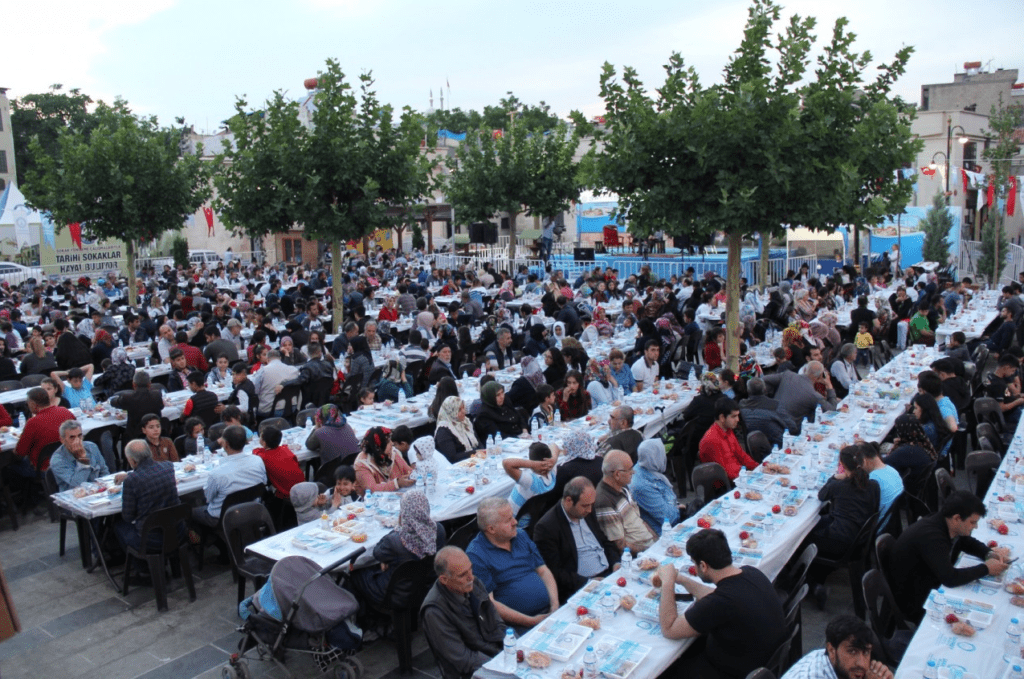
Many restaurants offer special banquet-like Ramazan menus at night. Some restaurants which normally serve alcoholic beverages may refrain from doing so during the holy month, offering fruit juices and other drinks instead. It would be polite for you to observe this stricture if you are in an establishment where others are refraining from alcohol. (In some restaurants, alcohol service may resume after the evening’s main meal is largely concluded.) Non-Muslims are welcome and usually invited to join in the evening celebrations, which are great fun. Enjoy this special time!
The Sugar Feast
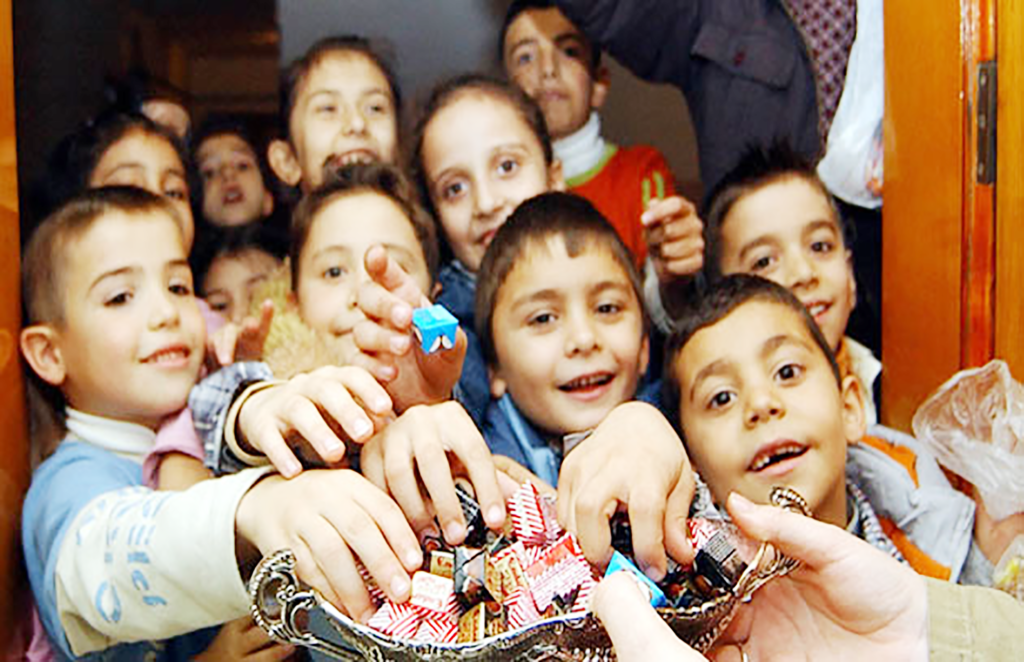
The Sugar Feast marks the end of the holy Ramadan month. It is a three and a half day-long celebration that starts with Sugar Feast Eve. Most administrations are closed in the afternoon when people start preparing food and baklava for the Sugar Feast. From this time on, expect traffic to become hectic all over Turkey. The next day, when Ramazan Bayramı starts, you’ll see people wearing their best clothes, and enormous amounts of sweets and traditional desserts such as baklava are consumed, hence the name Sugar Feast. People all over Turkey visit their relatives, honor the dead by visiting the cemetery, and children go door-to-door hoping for sweets or some money. You’ll hear people wishing you (or anyone else) İyi Bayramlar, which translates to have a good feast. People kiss older people’s hands as a sign of respect when they transfer their wishes. During the 3-day long Sugar Feast, all schools and official administrations are closed. Museums and other places that cater to tourists may only be closed in the morning on the first day of Sugar Feast, and public transport may run on a different schedule.
Special Food During Ramadan
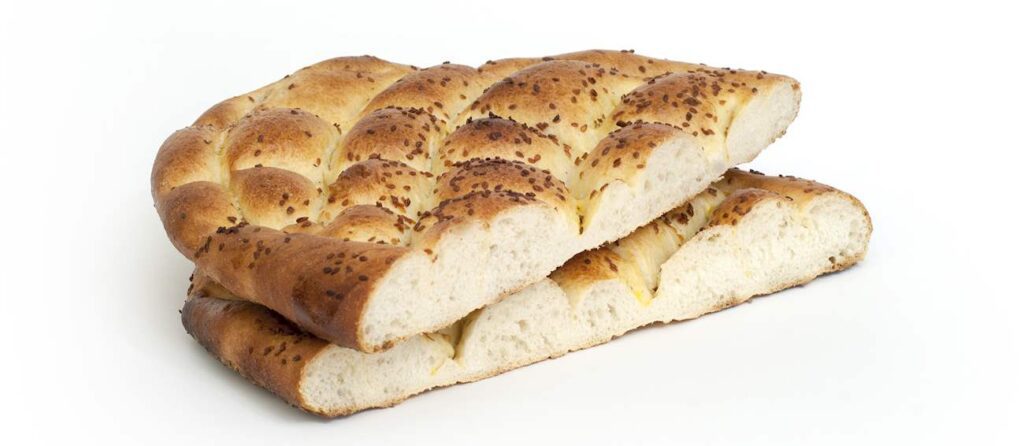
The iftar meal is the culmination of a day of fasting, a tradition which began when the Prophet Mohammed went from Mecca to Medina. After the sun sets, one eats a meal and drinks nonalcoholic beverages. Special dishes are prepared for the ‘iftar meal’. Read more about Turkish Cuisine
- Ramazan Pidesi: A must for breaking fast, Ramazan pidesi is baked specifically during this time. This puffy and circular pita bread is made from 100% white flour and adorned with sesame and nigella seeds, laying the groundwork for the rest of the meal. Look for a freshly baked Ramazan pidesi straight off the baker’s oven, as iftar time approaches. Read more about Turkish Bread
- Şerbet: made from the addition of melted sugar to water, spices and/or various fruit pressings, şerbet is the thirst quencher of choice for the Ramadan period. The most notable flavor is demirhindi or tamarind, prepared with 40 different spices.
- Güllaç: Brittle, translucent leaves of dried corn starch soaked with rose water and sweetened milk, and often garnished with pomegranate seeds and ground nuts, güllaç is the number one dessert during the month of Ramadan, thanks to its light and easily digested nature. Read more about Turkish Desserts.
Mahya tradition: Glowing messages in the sky
The word mahya derives from the Persian māhī, meaning “monthly”, in reference to the holiest month of the Islamic calendar. There is no definite proof of when this practice began, but German traveler Salomon Schweigger described words and pictures formed with lights strung between a mosque’s minarets in the sixteenth century. Aside from giving a religious message, the mahya lamps also illuminated the streets for the people eating and socializing after iftar. Words from the Quran and Hadith, names of God, and phrases such as “Welcome Ramadan” were common, as well as figures such as flowers, fountains, and crescent moons. These images had to be planned to suit the height of the minarets and the distance between them—for example, only a large mosque such as Beyazıt Mosque could hold a phrase such as re’sü’l-hikmeti mehâfetullâh in one line.
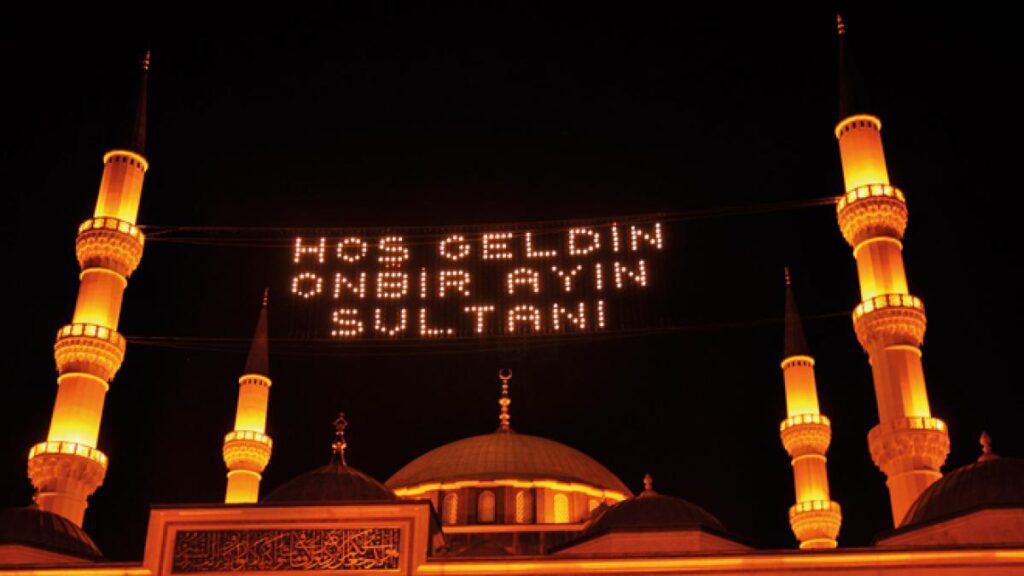
Nowadays it is quite easy to create moving mahya, because the mosques use LED lights. But the mahya masters of the Ottoman period had to be more skillful. One example was the “walking mahya”, where men would pull the ropes supporting the hanging lamps to make them go back and forth. In the 1870s, muezzin Abdüllâtif Efendi created a mahya carriage above Süleymaniye Mosque, with another line of boats and fish underneath. By pulling the ropes, he made the figures move like a fiery film. So keep your eyes on the skies this Ramadan, you never know what you might see.
Ramadan Drummers
Faq’s
When is Ramadan in 2026
In Turkey, Ramadan 2026 will begin on Thu, Feb 19, 2026 and will end on Thu, Mar 19, 2026. After Ramadan, the Sugar Feast or Şeker Bayramı marks the end of this holy month. Because Ramadan starts with the appearance of the new moon, it is at a different time every year, moving forward with around ten days each year.
Ramadan Bayramı Holiday in Turkey in 2026
- ri, Mar 20, 2026 – Sun, Mar 22, 2026
Is it difficult to travel during Ramadan?
You will probably never notice anything if you’re staying in a tourist resort. Most people working in the tourist industry don’t fast, and everything is business as usual. If you travel further afield, more people will be fasting, and fewer businesses will be open as a consequence. People who are fasting are often too tired during the day to keep their shop open and serve people with a smile. So, if you find people are less enthusiastic than you would expect then this is the reason why. Turkish people are of the most welcoming and hospitable people in the world. If they don’t show it during Ramadan, chances are they are fasting. During high season, this means the combination of the sapping heat and no food or drinks is simply too much.
Will I be able to drink alcohol during Ramadan in Turkey?
Yes, all tourist resorts in Turkey function in full swing, you probably won’t even notice that it’s Ramadan. If you are traveling to remote places, away from the tourist centers, you may experience the effects of Ramadan more directly.
Are restaurants open during Ramadan in Turkey?
In any tourist resort, or in cities like Istanbul, yes. Are you also traveling to rural areas? Then expect to find more things closed. Note that restaurants tend to get busier after sunset when people are allowed to eat again. Also, it is considered polite to be attentive to people who are fasting.
Are museums open during Ramadan in Turkey?
Yes, they are open. In some area’s opening hours may slightly differ from other times of the year. We advise you to consult the official Museums in Turkey website to check the opening times for each museum. You will find that some museums are closed on the first day of the Sugar Feast.







